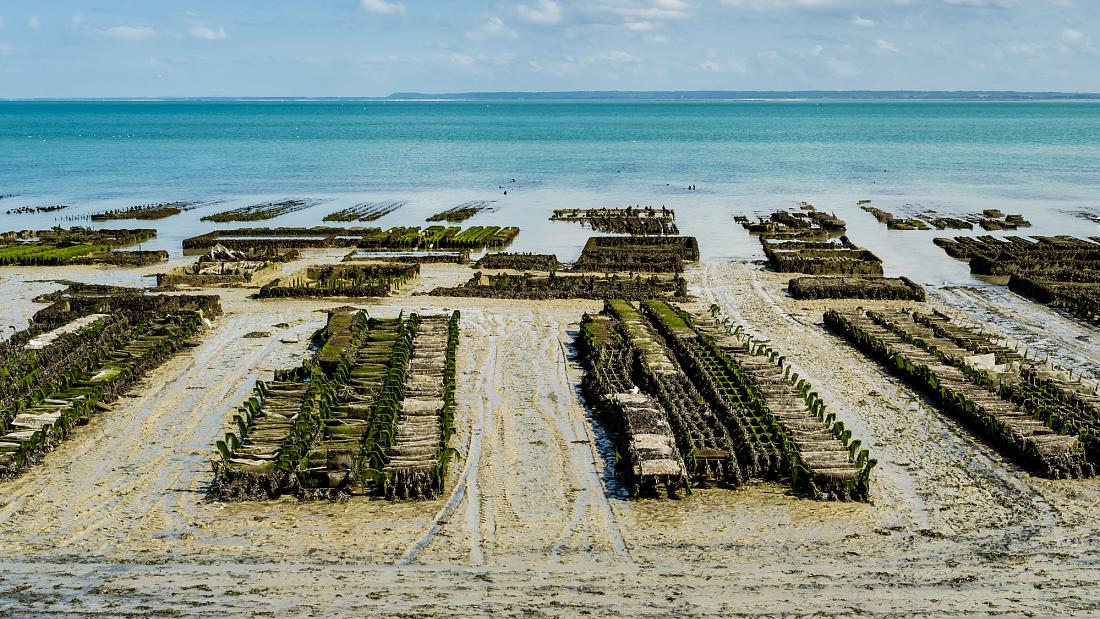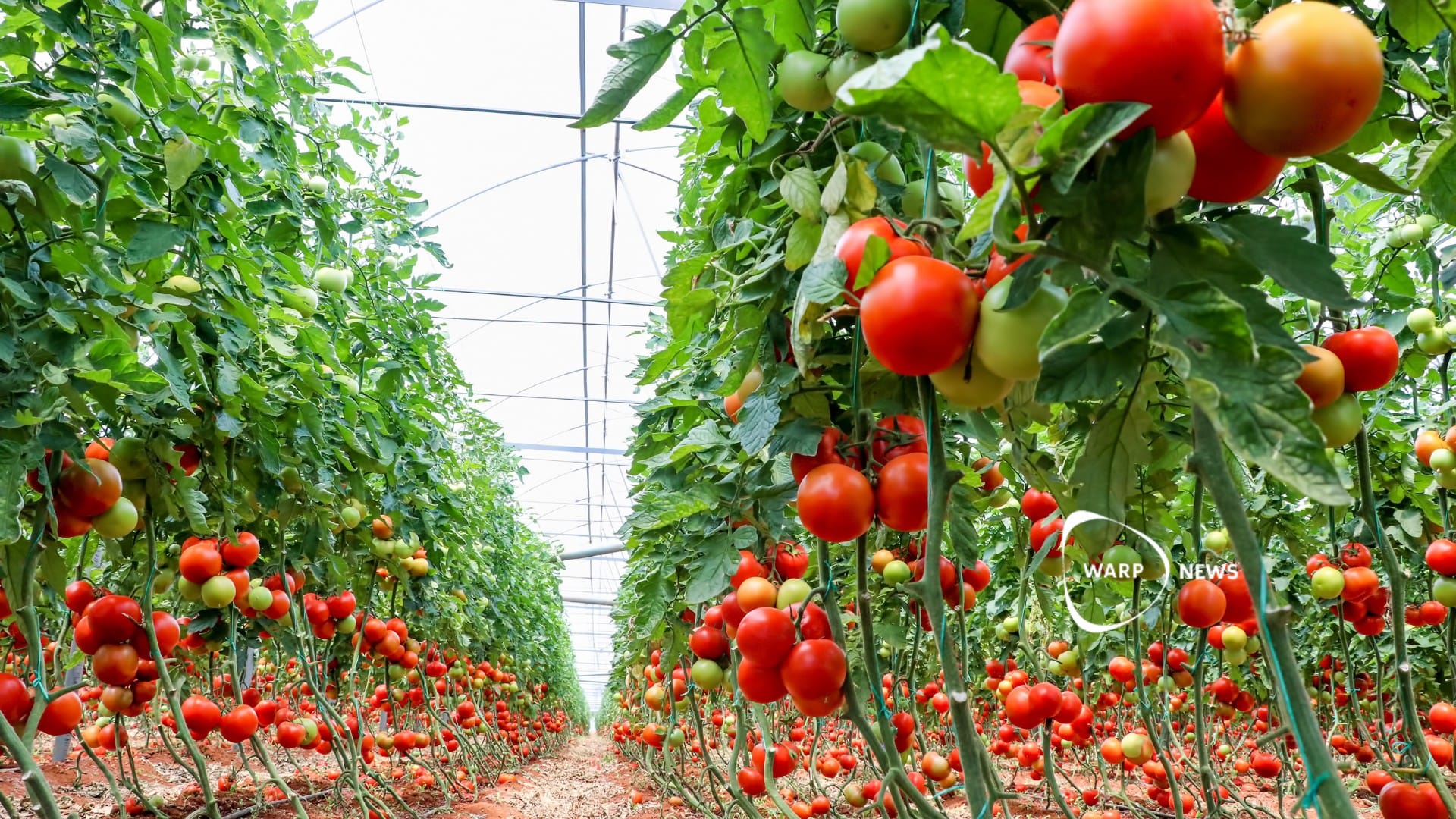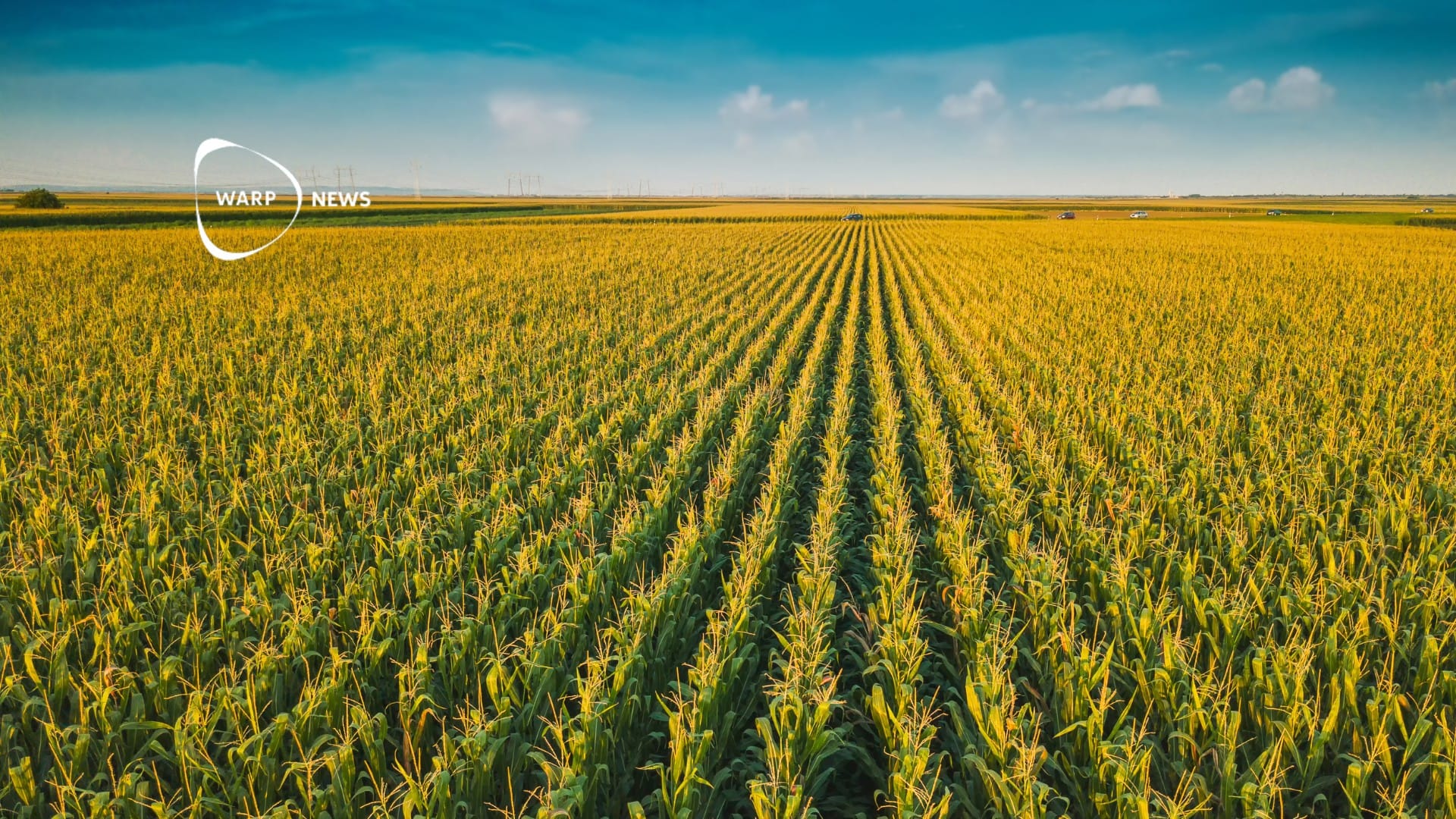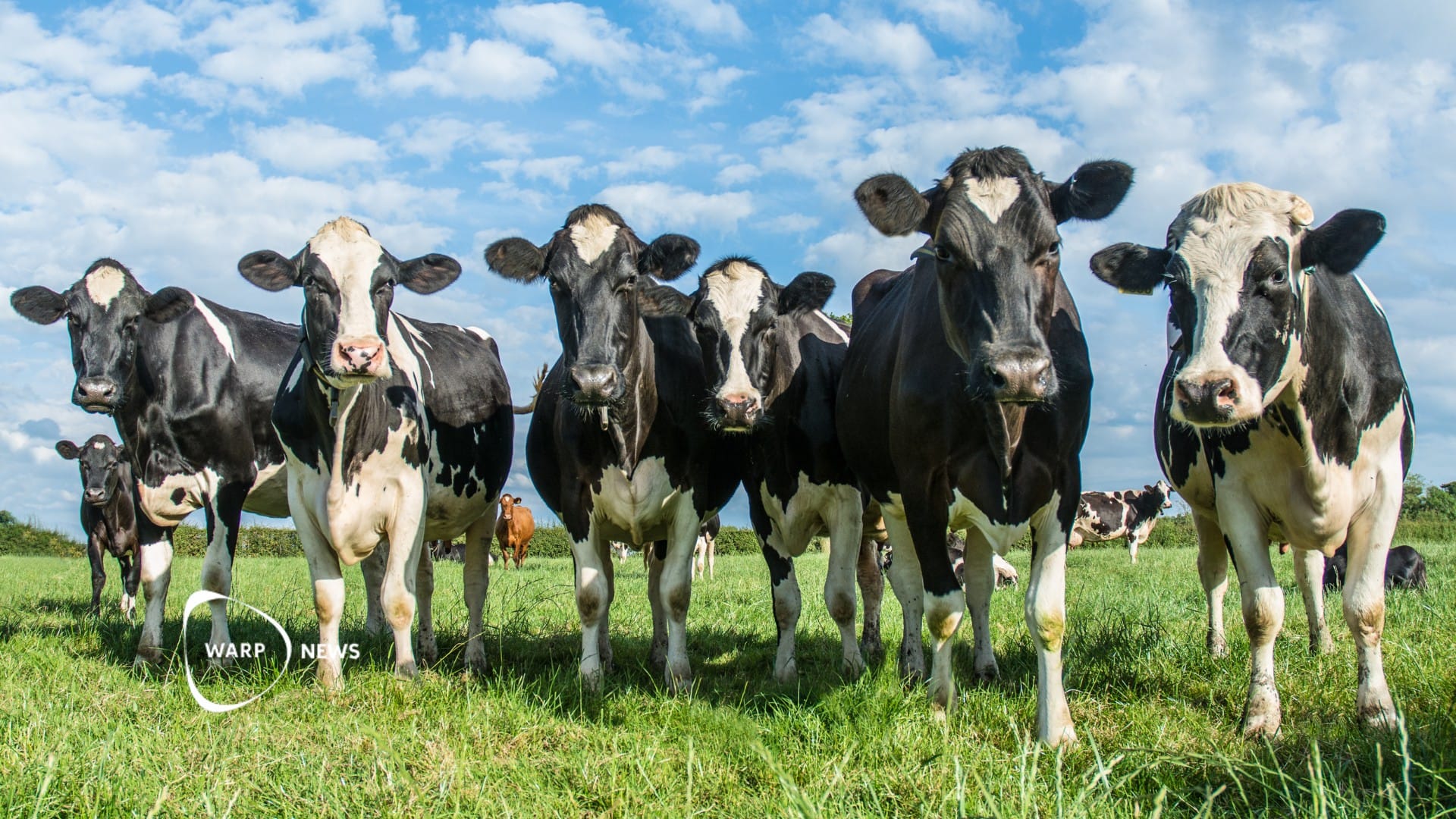
🥬 Ocean vegetables could help tackle the global food crisis
A farm in Scotland is using sea water from the Atlantic Ocean to grow its vegetables. The project is led by Glasgow based startup Seawater Solutions and they have figured out a way to replace freshwater with saltwater to grow food.
Share this story!
The Glasgow based startup Seawater Solutions have come up with a method that exchanges the freshwater they use to water the food they grow with salt water.
“We take this land, whether it’s degraded farmland or flood-affected lands, and we then build an artificial saltmarsh ecosystem where we can extract food at the same time,” Yanik Nyberg, founder of Seawater Solutions, tells Euronews Green. “We’ll pump seawater over this area, sometimes we flood it, and then we’ll begin to grow saline plants.”
Most of the food they grow on their farm is a type of vegetation called halophytes which are plants that thrive in salty environments usually found in seashores and semi-deserts. These plants have more areas of use such as animal fodder, biofuels together with cosmetics.
These plants live in salt marshes which offer coastal protection from erosion and flooding. Not only that, they also absorb 30 times more carbon than rainforests.
On the farm where this project started, mostly species like samphire and sea aster are grown for food consumption. In 2016, Tesco said the demand for samphire rose by 80% even though it’s kind of a niche market still.
Now, the farm in Glasgow sells produce for about €22-32 ($23-34) per kilo and their yield is about 20 tonnes per hectare. The farm is powered by off-grid, renewable electricity. Seawater Solutions believes farmers using this approach to farming can sell carbon credits for about $2,800 per hectare every year. These artificial salt marshes have many benefits and could help a greener future come sooner.
Picture: Euronews Green
By becoming a premium supporter, you help in the creation and sharing of fact-based optimistic news all over the world.


